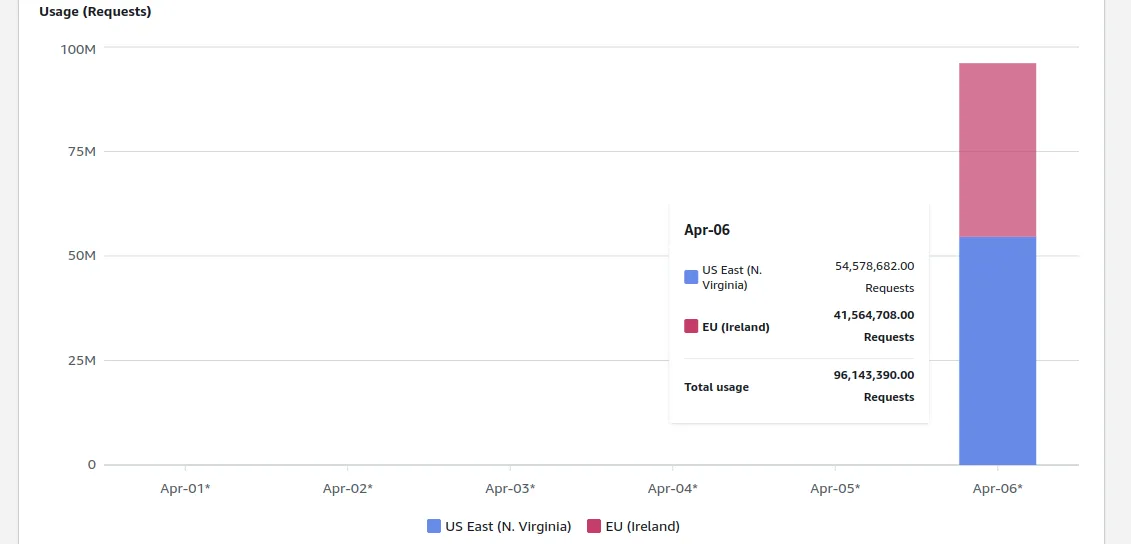-
 chevron_right
chevron_right
Health care giant comes clean about recent hack and paid ransom
news.movim.eu / ArsTechnica · 5 days ago - 20:44 · 1 minute

Enlarge (credit: Getty Images)
Change Healthcare, the health care services provider that recently experienced a ransomware attack that hamstrung the US prescription market for two weeks, was hacked through a compromised account that failed to use multifactor authentication, the company CEO told members of Congress.
The February 21 attack by a ransomware group using the names ALPHV or BlackCat took down a nationwide network Change Healthcare administers to allow healthcare providers to manage customer payments and insurance claims. With no easy way for pharmacies to calculate what costs were covered by insurance companies, payment processors, providers, and patients experienced long delays in filling prescriptions for medicines, many of which were lifesaving. Change Healthcare has also reported that hackers behind the attacks obtained personal health information for a "substantial portion" of the US population.
Standard defense not in place
Andrew Witty, CEO of Change Healthcare parent company UnitedHealth Group, said the breach started on February 12 when hackers somehow obtained an account password for a portal allowing remote access to employee desktop devices. The account, Witty admitted, failed to use multifactor authentication (MFA), a standard defense against password compromises that requires additional authentication in the form of a one-time password or physical security key.









